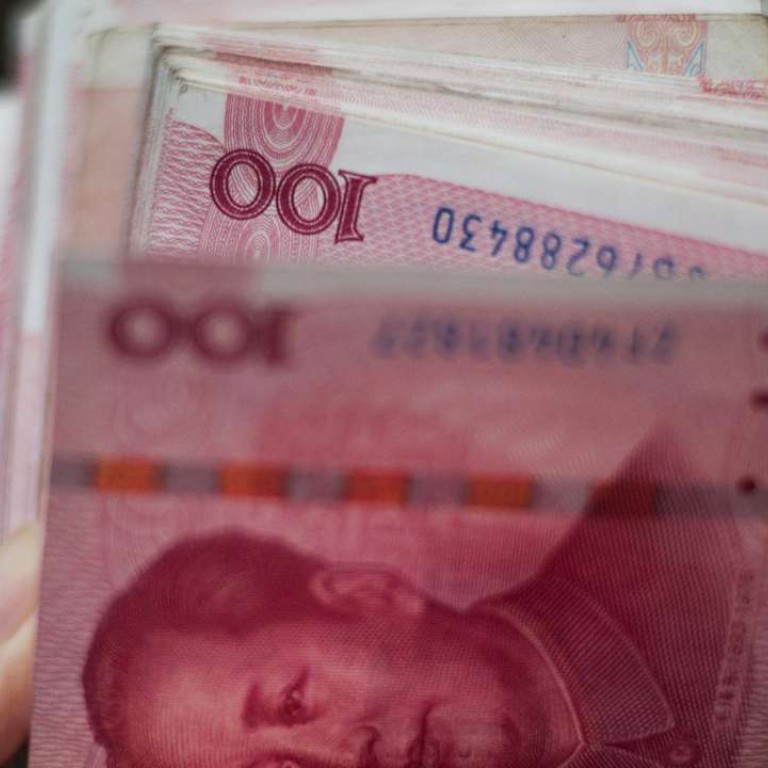
Yuan softens slightly against dollar as traders struggle for clues on outlook
Foreign exchange analysts uncertain over whether the yuan is set for stability or devaluation
China’s yuan softened against the US dollar on Friday, after the People’s Bank of China guided the currency weaker.
The offshore yuan traded in Hong Kong weakened 0.07 per cent to trade at 6.6850 on Friday morning. The onshore yuan, which trades in Shanghai, also dropped 0.13 per cent to stand at 6.6755 per US dollar in the morning.
Earlier in the day, the PBOC fixed the yuan’s mid-point rate against the US dollar at 6.6684, weaker by 64 basis points from the previous guidance rate.
Some traders said the yuan’s bearish bets are on the rise as investors expect the Chinese monetary authority to let the currency depreciate further after the recently-held G20 summit in Hangzhou.
Others however believe the PBOC will opt for currency stability. Stephen Inns, senior trader at Oanda Pacific, said the central bank will push to hold the currency within a narrow band to the US dollar, adopting an “iron fist” approach against those betting on a weaker yuan.
On Thursday, the overnight Hong Kong Interbank Offered Rate for the yuan (HIBOR), a key gauge of liquidity in the offshore yuan, jumped to 5.45 per cent, the highest level since February, according to data from Treasury Markets Association.
Inns said investors suspected the liquidity tightening was because the PBOC had sought to thwart speculation on the yuan. However, it may be a bit unclear whether it is “a stealth currency intervention” or “just a short squeeze on funding costs heading into the weekend.”
Nonetheless, Inns expects the PBOC to keep the currency “on a tight leash” through October’s adoption by the International Monetary Fund’s SDR currency basket.
Among other currencies, the PBOC set the yuan’s guidance rate at 7.5134 per euro, 8.8738 per sterling, and 6.5181 per 100 Japanese yen.

